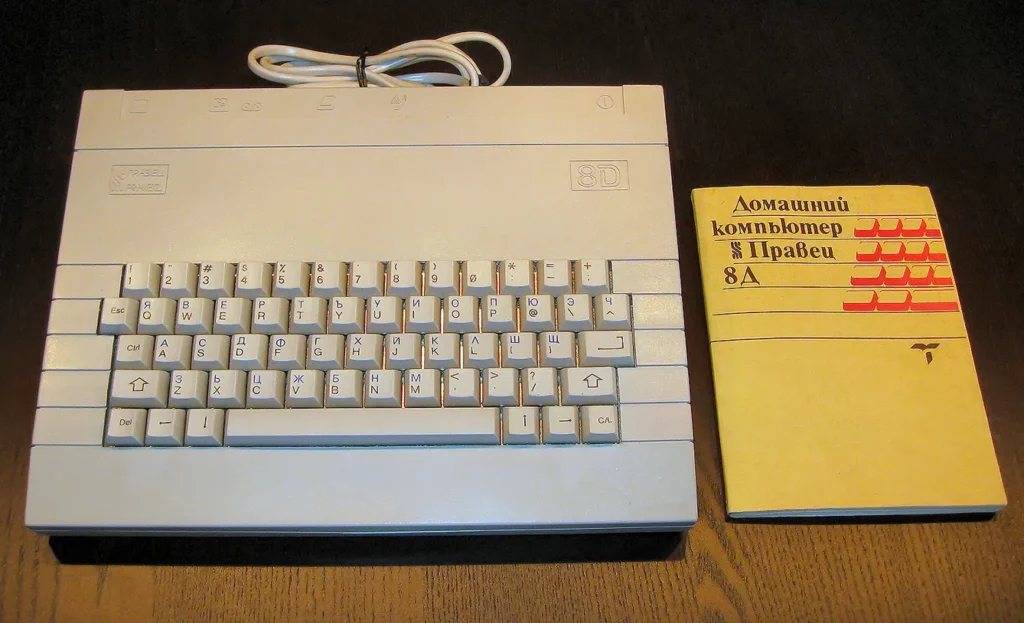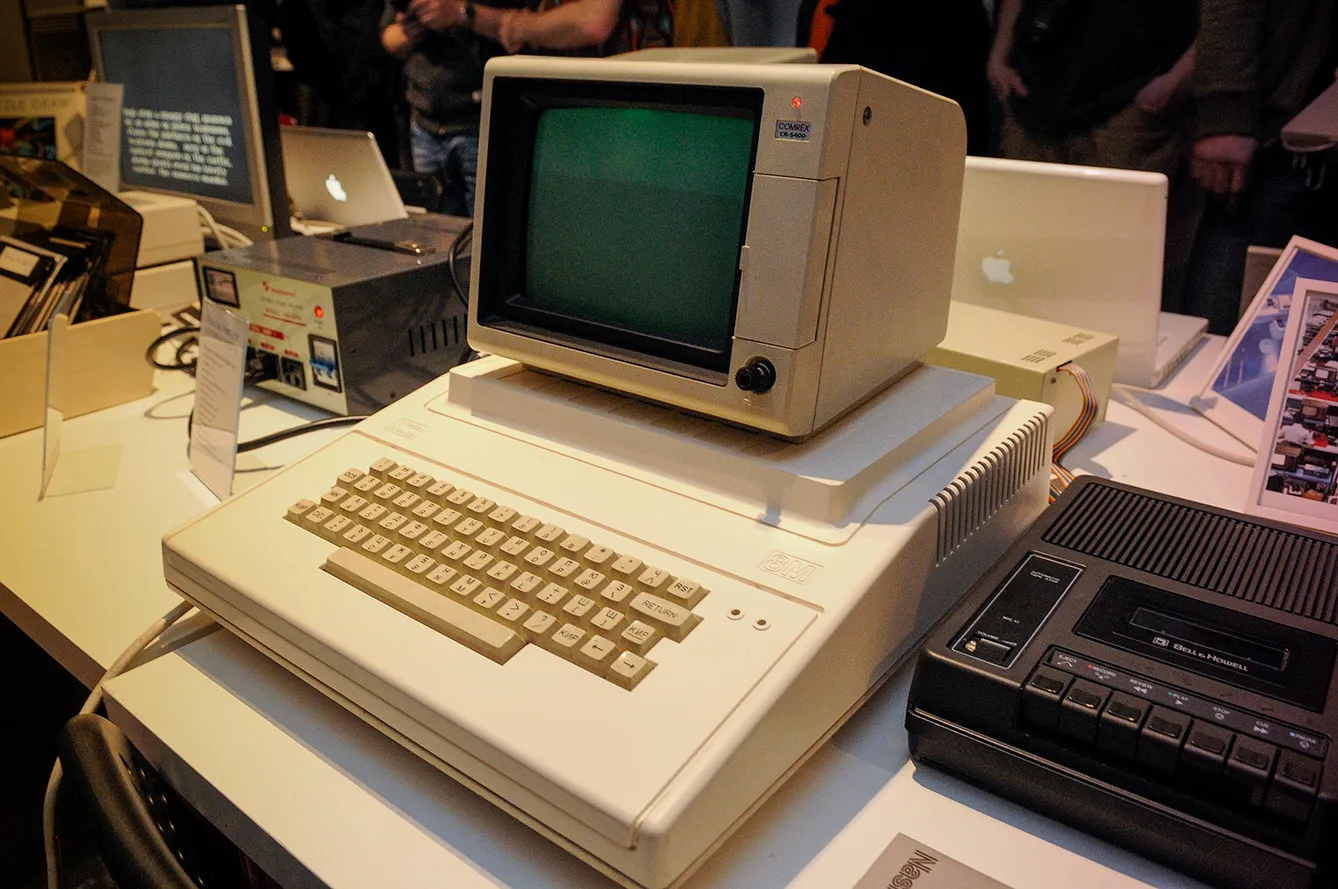Marangozov’s creative path began in the early 1950s when he graduated with honors from the Technical University of Sofia. As a student, he amazed professors with his incredible speed in solving extremely complex mathematical problems. The Communist party leadership, however, wasn’t as impressed, labeling him “politically unreliable” instead. This detail did not break him, and Marangozov followed his dream as planned. He worked in research with enthusiastic specialists convinced the future belonged to microprocessor technology and personal computers. They were known as “Marangozov’s crew.”


It was this crew that worked on the first generation of Bulgaria-made computers. In 1979, Maragonzov and his colleagues introduced IMCO 1, a computer modeled after Apple II. The resemblance to Apple II, which some even compare to copying, was possible mostly due to reversed engineering, given that such American goods were beyond unattainable on the mass market behind the Iron Curtain. But some aficionados of Bulgarian computing don’t agree with the accusation of copying, pointing out that Bulgarian computer makers brought “analog” machines to the market, operating in the same functional way as their Western counterparts.
Ivan Maragonzov’s golden child
Furthermore, due to the lack of competition, computer makers in Bulgaria had the comfort of not rushing a product to the market, which offered more testing of the devices before being mass-produced, correcting some of the issues Western devices were struggling with at the time. However, Bulgaria’s first computer lacked one key element, a floppy disk drive. The reason? Bulgaria couldn’t produce one. The mass production of the computer began in 1980, and a year later, some 50 devices were available.
In 1982, IMCO 2 was officially introduced, a computer on par with the most advanced personal computers in the world at the time. IMCO 2, based on the popular Apple II Plus, was so successful among the narrow group of specialists privileged to have access to it that the Bulgarian Ministry of Education swiftly commissioned the production of IMCO 2 for schools.
Thus, the mass production of Bulgarian computers commenced. Named Pravetz, after the hometown of communist leader Todor Zhivkov, overnight, the computers turned Bulgaria into a computing force to reckon with. At least behind the Iron Curtain, that is.
Destined to be exported to friendly socialist countries, the Pravetz computer was mass-produced but never on the scale the planned economy of Bulgaria envisioned. Production reached a peak at 60,000 computers a year, with the goal being 100,000. Nevertheless, at the time, Bulgaria was producing some 40% of the computers used in the Socialist bloc countries. This was more than enough to contribute to the creation of many factories across Bulgaria, with tens of thousands of employees dedicated to this enterprise. Thanks to this boom in production, in the 1980s, Bulgaria ranked third in the world in the production and use of electronic devices per capita.
Pravetz 2.0
The political changes that swept through Central and Eastern Europe at the end of the 1980s and early 1990s also left their mark on Bulgaria’s short-lived computer mass production. Sliding fast into oblivion, the Pravetz brand was revived in 2013, under new management, with the announcement of a laptop getting ready to hit the market. At the time, some 1,000 test laptops were in production, with all components being imported from Taiwan. The laptops, assembled in Bulgaria, still can be seen on the company’s website, but they’re not available for purchase. The company, however, proudly presents its Pravetz SchoolBook, designed to meet the needs of school students, but without disclosing the origin of the machine’s components.
“A computer is a certain style and way of thinking, of acting, of approaching problems. It seizes for itself the routine and, at the same time, educates in ingenuity. We must make it, figuratively speaking, our friend. Let us learn to think more imaginatively, much more logically and abstractly,” the father of the Pravetz computer Ivan Marangozov once said.
It sure looks like the Pravetz legacy is not letting go just yet.







